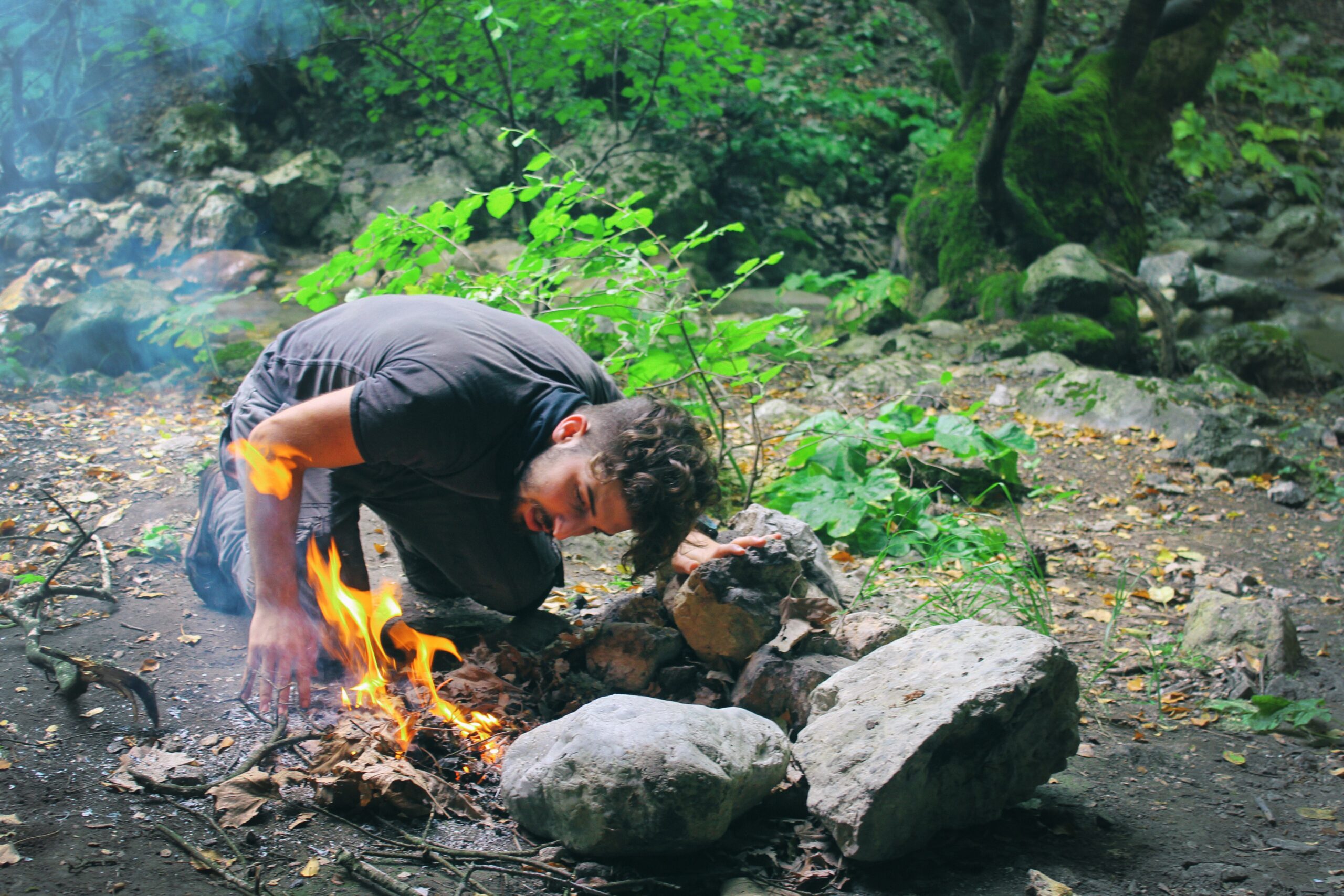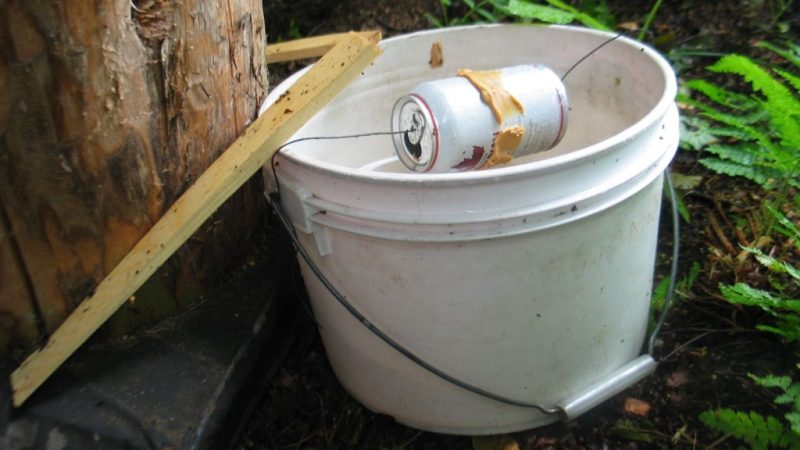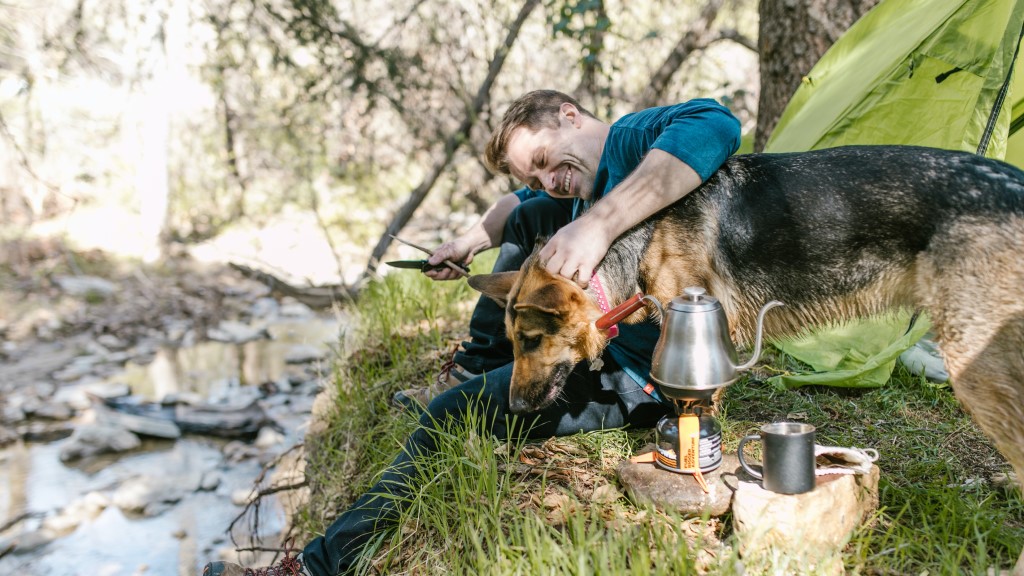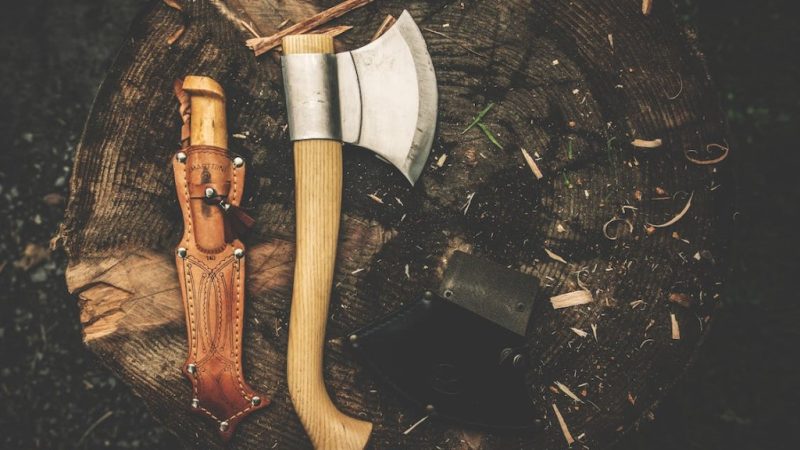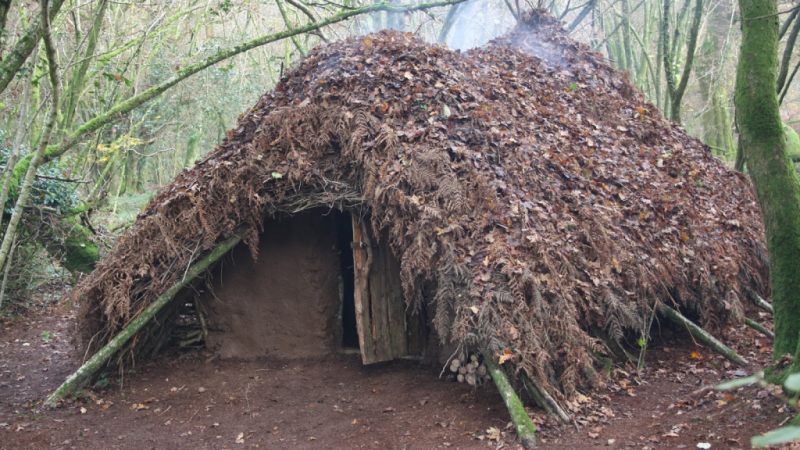One of the common objectives between preppers and survivalists is to endure impending disasters.
In the event of a natural disaster, an economic downturn, or any other calamity that would make going about one’s daily business impossible, they are ready.
But what distinguishes them from one another? A key distinction between a prepper and a survivalist is how they approach preparation.
Survivalists don’t stock up on as many supplies as preppers do that will last for months. Instead, survivalists will make an effort to survive by making use of their learned skills and local resources.
Still unsure of which one you are? Discover more significant distinctions between preppers and survivalists by reading on.
What is a survivalist?
People who practice and promote survivalism are known as survivalists. Even without storing food and supplies, they can survive economic collapse, political upheaval, nuclear war, and natural disasters.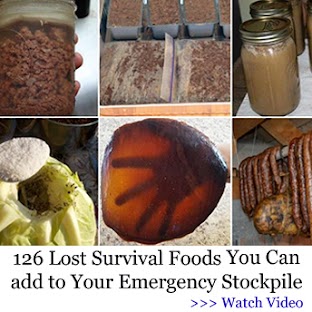
Even with the few resources they have, they have the skills to survive no matter where they are or what they do.
What Does a Survivalist Do?
To be able to survive in any circumstance, survivalists learn skills and acquire knowledge. Because they think that less is better, they don’t try to stock up on supplies. Whatever the circumstances, they are confident in their ability to survive.
Less is more is a central tenet of survivalist philosophy. Additionally, they concentrate on gaining the knowledge and skills necessary to survive on their own, so they can continue to operate in the event of a “doomsday scenario.”
What Are the Skills of a Survivalist?
If you’re considering becoming a survivalist, you should acquire the necessary knowledge and skills. To best prepare yourself in case doomsday occurs, start practicing at home. You can enroll in survivalist communities or retreats if you so choose.
To get a feel for the way of life, you could also go to a store that sells supplies for survivalists. You need to be mentally, physically, and emotionally prepared. For long-term survival, the majority of survivalists primarily concentrate on developing outdoor survival skills and living independently.
This holds true for both end-of-the-world scenarios as well as camping and other outdoor pursuits. In general, survivalists possess the following abilities:
Fire Building
Survivalists must be able to build a fire, so they should learn how. A fire is necessary to cook food, stay warm, provide light, and fend off predators. You have to come up with ways to start a fire even without a match or lighter if you’re a survivalist.
however, making use of nearby rocks, sticks, and wood. You should learn how to gather wood, tinder, and kindling, as well as how to make a fire bed.
Look for a clean water source.
Water is required for drinking, cooking, and personal hygiene. When you’re outside, you shouldn’t run out of clean water, and lakes or rivers are naturally your best bet.
However, since it cannot be ingested, you must purify it. You can purify it by boiling the water and filtering it through your shirt. The most secure method of purification is boiling water.
Food Hunting
Survivalists prepare for food foraging by learning which wild plants are edible and how to hunt and prepare meat sources. To learn which plants are edible and how to identify them quickly, start by reading a book on botany. A survivalist should become proficient in both fishing and hunting.
Growing Crops
You are aware as a survivor that there may be a shortage of food sources or edible plants. Because of this, survivalists learn how to grow food crops. Growing plants in your backyard and engaging in gardening are both survival skills.
Building a Shelter
If you want to survive outside, you’ll need to use those childhood fort-building skills. Discover how to use the available natural resources to construct a shelter. It’s good if you have a tent.
If not, you should figure out how to build improvised houses out of rocks and tree branches. Learn to make a temporary bed as part of this ability.
Creating Weapons
In order to be prepared for disasters, you must take precautions. In order to prevent wild animals or other people from attempting to steal your possessions, you must take precautions.
Survivalists require hunting equipment and safety. The simplest weapons to make if you don’t have guns and ammo are a spear, a bow and arrow, and a makeshift slingshot.
Basic first aid
In outdoor survival situations, getting hurt, getting small cuts, and getting sick are inevitable. The need for basic knowledge of first aid arises from this. These include the care of burns, bites from insects, and wounds. Utilizing herbal plants as a treatment remedy is another aspect of the skill.
Some contemporary survivalists spend money on lightweight, portable supplies like a first aid kit and survivalist gear. You can also find the essential supplies you need at survivalist shops.
What Is a Prepper?
A prepper is someone who keeps food, ammunition, tools, toiletries, and other emergency supplies on hand. Doomsday preppers, in contrast to survivalists, think that more is preferable.
Additionally, some prepper groups build bunkers where they store their supplies and live. while others have bug-out vehicles that are prepared for disasters and are stocked with supplies.
What Does a Prepper Do?
A prepper essentially gathers food and supplies that could last them for months. In case of a disaster, preppers also create a communication line, construct bunkers, and accumulate savings.
You’ll see that a prepper wants to lead a comfortable life during a disaster, but only for a short while. For a predetermined period, some preppers gather food and supplies. Consider the food and supplies that could feed an entire family for several weeks or months.
The negative? Nobody knows when they will need to make another grocery run when the supplies are depleted. For the most part, preppers believe that things will get better before their supplies run out. The unpredictability of catastrophes will make this a problem.
How Do Preppers Get Ready?
Each prepper is different. Urban preppers, awakened preppers, newbie preppers, liberal preppers, and disaster preppers are just a few examples of the various types of preppers.
We won’t go into great detail about the various types of preppers, though. We’ll concentrate on the main question: What are preppers preparing for? As an example, consider what peppers do:
Stockpiling shelf-stable food
A month’s worth of food is stored by preppers. Preppers think about stockpiling foods that can be preserved easily, like canned goods, noodles, pickled fruits, and biscuits with a long shelf life.
In addition, preppers keep clean water on hand. Dealing with expiration dates when stockpiling food is a challenge for preparedness enthusiasts.
Stockpiling Supplies
Preppers are expected to stock up on additional supplies such as:
- Toiletries
- First-aid supplies
- Batteries and flashlights
- Guns and ammunition
- Vitamins and medications
- Fuel
- Generators
- Solar lighting
In essence, preppers stock up on the items they anticipate needing in case of unforeseen circumstances. Their objective is to be as comfortable as they can be when going out to buy food or leaving their house is not an option.
Preparing for Communication Channels
In a doomsday scenario, the Internet and network channels could go down. Preppers will therefore consider means of communication with the outside world in case existing channels of communication break down.
Preppers typically carry a two-way radio in case they need to be rescued. Additionally, preppers will probably have a transistor radio to stay current with the news.
Building Bunkers
In order to have a secure place to live in case of disasters, devoted preppers, especially those in rural areas, go above and beyond and build underground bunkers.
They keep their food and supplies in bunkers as well. Some prepper enthusiasts choose off-the-grid homes in isolated areas of a forest instead of underground bunkers.
Bug-Out Bags
In essence, a bug-out bag is a bag filled with items that can keep a person alive for at least 72 hours. In case they have to leave their homes, preppers have a bug-out bag ready. Think of it as a “ready-to-go” bag for emergencies. Typically, bug-out bags include clothing, food, water, and other outdoor necessities.
Preparing for a Disaster That May Last for Months
While preppers plan for a disaster that could last for months, survivalists practice living in a self-sufficient way to last for the long term. with the intention of returning to their regular lives. In other words, since they might run out of supplies, preppers have a short-term perspective.
The number of doomsday preppers in America and the UK has significantly increased over time. As the COVID pandemic spreads throughout the world in 2020, an increasing number of people are choosing to live a prepper lifestyle.
What Is the Difference Between a Prepper and a Survivalist?
A survivalist and a prepper differ in how they carry out their plans. In a nutshell, being a prepper is a lifeline for the short term, whereas survivalism is a lifestyle of independence. Both phrases are used equally.
A prepper and a survivalist are completely unrelated. Although both preppers and survivalists want to survive disasters and the end of the world, their preparedness strategies and methods are different.
It follows that one cannot be both a prepper and a survivalist, despite the differences between the two.
Preppers are most likely to think like survivalists in case their supplies run out because they are trying to survive a catastrophe. Some preppers would go into survival mode when their supplies ran out.
This implies that they will turn to farming, go on food hunts, and generally survive off of what is available to them. The ultimate goal is to survive and live a longer life.
What are the similarities?
Their objective is to resemble survivalists and preppers. As already mentioned, the goal of both survivalists and preppers is to endure calamities like natural disasters, impending apocalyptic destruction, economic collapse, and nuclear war.
In essence, both people are proactive thinkers, and the secret is preparation.
Which Is Better? A Survivalist or Prepper?
Your personal preferences and level of readiness will determine the answer. After learning the distinctions between a prepper and a survivalist, you’ll know which best suits your personal preferences. However, being a survivalist and prepper has both benefits and drawbacks. Pros and cons are listed below:
Pros of Survivalism
- long-term survival-capable
- able to survive wherever they may be.
- Independent and self-sufficient
- does not need to spend a lot of money on supplies and equipment.
- are more skilled and knowledgeable about surviving in the wilderness.
- Survivalist techniques are useful when traveling in the wilderness.
Cons of Survivalism
- restricted food supplies
- Prone to illness, malnutrition, and dehydration
- needs more practical Prepper Pros
- Make more supplies available right away.
- intends to lead a comfortable life
Pros of Preppers
- Have additional supplies on hand
- aims to lead a comfortable life
Cons of Preppers
- Dependent on gathered resources
- Short-term viability
- Long-term planning entails storing and supplying food.
- Lacks the knowledge and skills necessary for survival; requires more money to purchase supplies and equipment.
- Preppers stay in one location where their supplies are stocked and only store food and supplies for a limited time.
- The hope of the prepper is that things will return to normal before their supplies are depleted.
Your only objective in life is to survive. Why not embody both? Why not, if you have the resources to stockpile food or extra cash to build a bunker? If you have extra time, teach yourself survival skills such as how to make a fire, grow plants, go food hunting, or use extra cash to build a bunker.
If you have extra time, teach yourself survival skills such as how to make a fire, grow plants, and go food hunting. If you’re unsure of how to begin living a survivalist lifestyle, you can always join a community of survivalists and participate in their activities to learn firsthand what it’s like to live modestly. It is better to adopt a survivalist mindset while also being a prepper.
The Final Word
Have you decided which kind you will be now that you know the distinction between a prepper and a survivalist? Do you identify more as a survivalist or a prepper? Whatever your preference, the main takeaway from this is that you should always be ready for anything.
Nobody can predict when a natural disaster or end-of-the-world scenario will occur. Being a prepper and survivalist doesn’t hurt. Additionally, you’ll learn skills that will be useful later on. Your family’s safety and ability to survive any disaster is all you really want.

